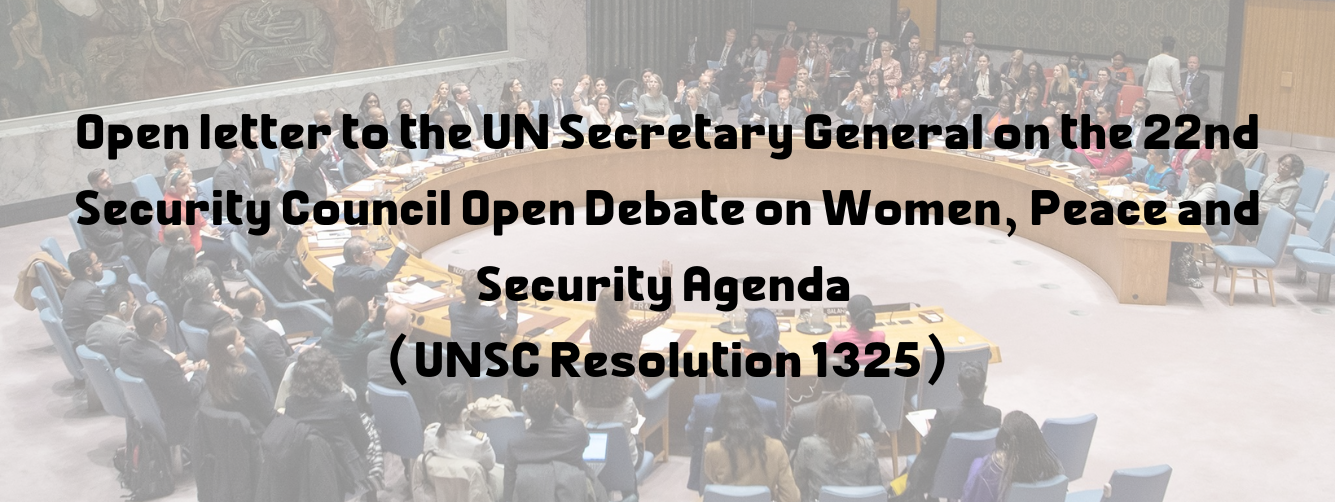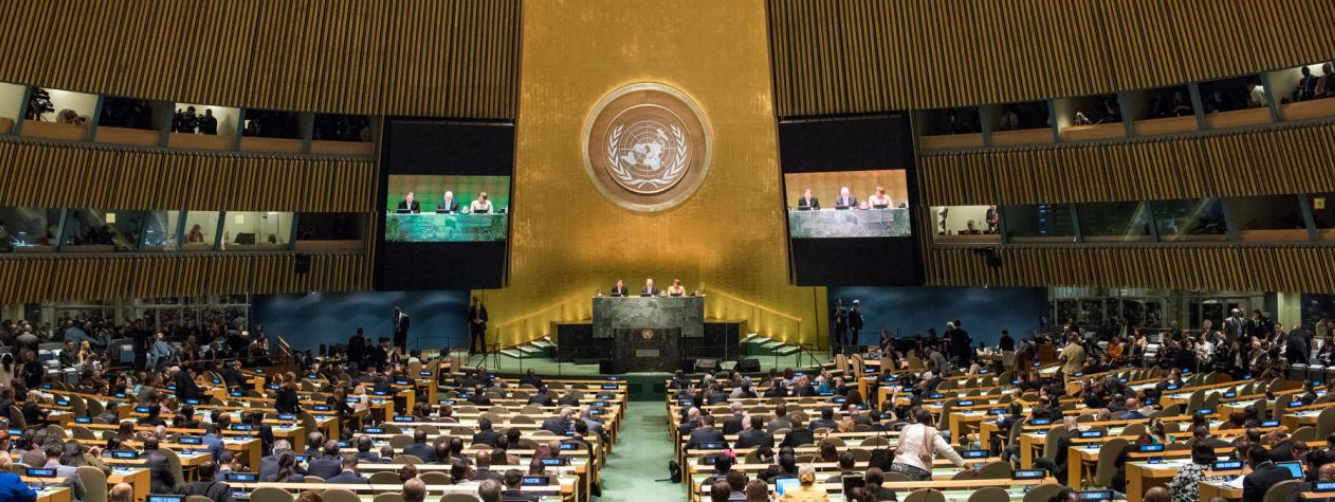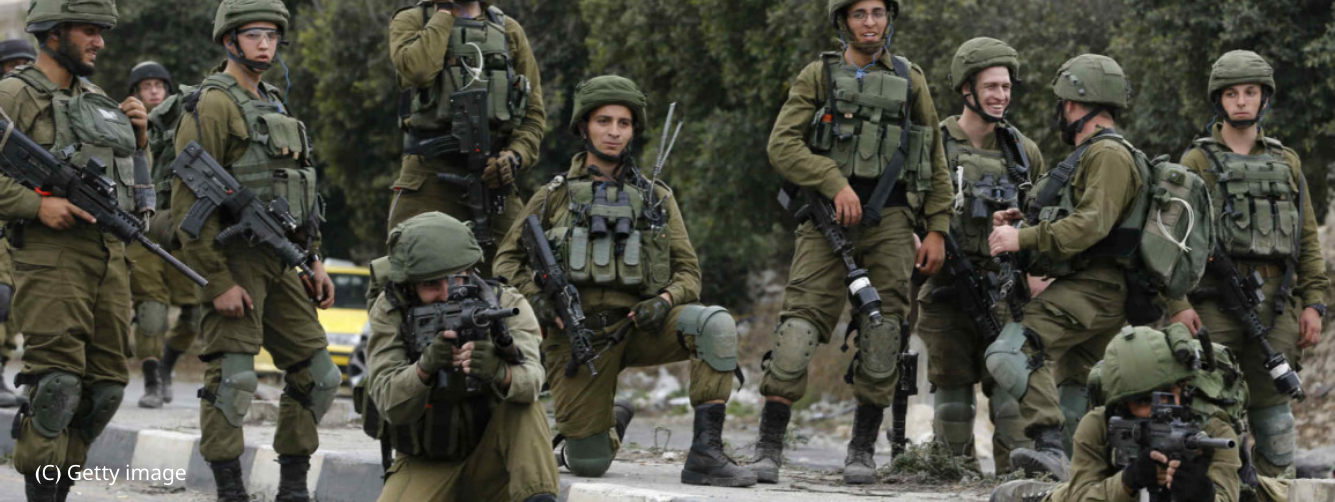For those of you who wish to come to Israel but are too afraid to travel in this time of trouble, I urge you, put aside your fears, buy a ticket, come. Not because it is not dangerous here, (it is, but not quite in the same way as you have been made to believe), but because you must come to discover for yourself the kind of discoveries that can never be made vicariously, to see the sights that you must see with your own eyes. Come, if you are a tourist at heart, for what, after all, is a tourist, but a seer of sights, a discoverer of novelties, an intrepid collector of experiences? Come then, if you are, like me, simply a curious tourist with a backpack, with no prior affiliation to either Israelis or Palestinians or to what is euphemistically called “the conflict;” come just as tourists everywhere come: to see the sights, to meet the people, to eat the food, to understand.
Before embarking upon my journey I had bought the requisite guidebooks, visited the usual websites, and perused, half-heartedly, some dusty history books borrowed from the university library. But nothing had prepared me for the most vivid sights I would come to see; no one had warned me of the casual brutalities I would be forced to bear silent witness to; no one told me that I would see every day things that I thought – foolish, happy, ignorant tourist! – only happened in the movies. I did not know, when I arrived, that I would have to watch while pregnant women were beaten unconscious at checkpoints; while dying children were denied access to hospitals; while UN convoys bearing food for starving people were shot at; while old men and skinny children were pushed to the ground and beaten to a pulp with rifle butts; while peaceful demonstrators were tear-gassed and clubbed; while a stateless, landless people were walled into ghettos, robbed of their humanity, robbed, in the process, of every conceivable right, even, in places, of the right to cross the street to the other side of the road. And these are only the things I have seen thus far, and a heavily edited list it is. If I were to begin sharing with you the stories I have heard, then, my fellow tourists, this would be a long and sad letter indeed.
I have spoken here only of the ugliness you will see in Israel, and there is not space enough to describe it fully. But there is also beauty here, much beauty, and you will see that too when you come, and it will be breathtaking. The hills rising out of the desert, the impossibly green sea, the ancient white stones, the history everywhere; you will see it, and it will touch you in a way that you will not have been touched by beauty before, perhaps because it is a beauty so corrupted by injustice - by centuries of injustice and bloodshed – that it is impossible to appreciate it without thinking of all that has gone before.
I said earlier that Israel is not as dangerous as you have been made to believe. I do not mean to say that it is not frightening here - I have never before in my life felt so afraid – but the fear emanates not from the unpredictable sporadic acts of violence of Palestinian terrorists, but from the institutionalized, brutal, ruthlessly efficient machinery of the Israeli Defence Forces. You will feel that fear when your plane first lands in Ben Gurion airport, where you will in all likelihood be pulled aside by an imperious gun-totting soldier and asked a bewildering array of questions whose answers will for some reason have eluded you. You will see it in the eyes of the immigration officials, who will ask you the same questions over and over again, and you will thereafter sense it everywhere, wherever you go. It will follow you as you make your way to Jerusalem, as you walk down the winding alleys of the Old City, and then to the crowded streets of East Jerusalem, and it will heighten as you make your way through the checkpoints to enter the besieged towns of the West Bank. For a while you will shake off that fear – in the West Bank you will breathe somewhat more freely, no machine guns there, no soldiers, no hard, cold searching eyes, only eager, tourist-starved vendors of postcards and souvenirs – but on your way back from Ramallah, or Bethlehem, or Hebron, that fear will have found you again: its stink will hang heavy over the checkpoint; it will pervade the crowded ‘service’ in which you ride; and it will have reached its zenith by the time the soldiers have approached to scrutinize the precious misshapen ID cards while the passengers wait, the sweat beading their foreheads, for permission to enter their own land.
I have thought long and hard about this fear, perhaps because I am so unused to it, and I have come to believe that it is not so much that I fear for myself, nor even for the Palestinians, but rather for the Israelis themselves, for what occupation is doing to them, for the hard, paranoid, racist, callous people they are becoming (no, not all, of course not all, perhaps not even the majority; but many, too many, enough). It is not simply the constant violence against another people in which they are complicit – because they serve in the military, because they vote in elections, because they have a free press, and can see for themselves what is being done in their name – that makes them so; it is also the racism that is born, I feel, out of fear, and that is so freely permitted to flourish in their county. What, I wonder, would Theodore Hertzl make of Israel, were he to see it as it is today? What would he say if he were to read regularly a particular English newspaper published daily in Jerusalem, which talks incessantly about the need to protect "our superior way of life" from the encroachment of the "uncivilized” and “backward Arabs?" What would he say if he were present, as was I yesterday, in a theatre in West Jerusalem which played a movie in which a racist line - "you can’t blame an Arab for being an Arab" – caused the entire audience to collapse into laughter? What would he say if he were to see Israel institutionalize such astonishing levels of discrimination (and I don’t mean here just the identity cards and checkpoints and walls and violence; I mean much more, I mean everything) against another people? Would it not make him weep to see his dream turned thus to nightmare? To see a society so blinded by its own fear that it is unable to see the wrongs it commits? Can it be that occupation does more harm to the occupiers than the occupied?
I don’t know, but I do know that too many Israelis I have spoke to care little about the atrocities that are being committed in their name; so convinced are they of their own victimization, that any talk of the suffering of the Palestinians is dismissed by them as the ravings of an anti-semite. They, who are the only ones with freedom of movement in this country, never venture into the West Bank (leave alone Gaza) to see for themselves whether reports of the suffering of the Palestinians are in fact exaggerations; they never bother even to cross the checkpoints outside Jerusalem, which are after all only a short distance away from the cafes and discos they frequent every night. Few among them have seen the wall – oh yes, they’ve seen it on television and in the newspapers, they protest, and they can’t understand why it’s such a bad thing, how can it be, they say, after all, it has been proven to save lives.
Indeed, it is difficult for those of us on the outside to understand what it must feel like to have to live behind the walls of a ghetto whose gates are controlled by an enemy military bent on destruction; it requires a supreme effort of imagination to see what life must be like for an inhabitant of Jenin or Nablus or Rafa or Qalqilya, who is unable to leave her city once the gates are shut, unable to go to school or work or even to a doctor if there is a medical emergency at home, unable to shop for food for days on end if there is curfew, able only, in the end, to stand by and watch as unspeakable violence is committed on her home, on her land, and on her people.
It is because most of us are incapable of imagining these things that I ask you, fellow tourists of the world - and this includes Israelis, known to be enthusiastic travellers themselves - to pack your bags and come here to see it for yourself. Do not make up your mind till you come here; inform yourself, by all means, but don’t believe all you read – and certainly not the things I have said in this letter, after all, I could be a propagandist myself – just come; come as a tourist, and do as tourists do: see for yourself the sights, meet the people, eat the food, understand. For a month now I have been a tourist in Israel; for a month now I have been seeing the sights and meeting the people and eating the food and understanding; for a month now my heart has been breaking.







